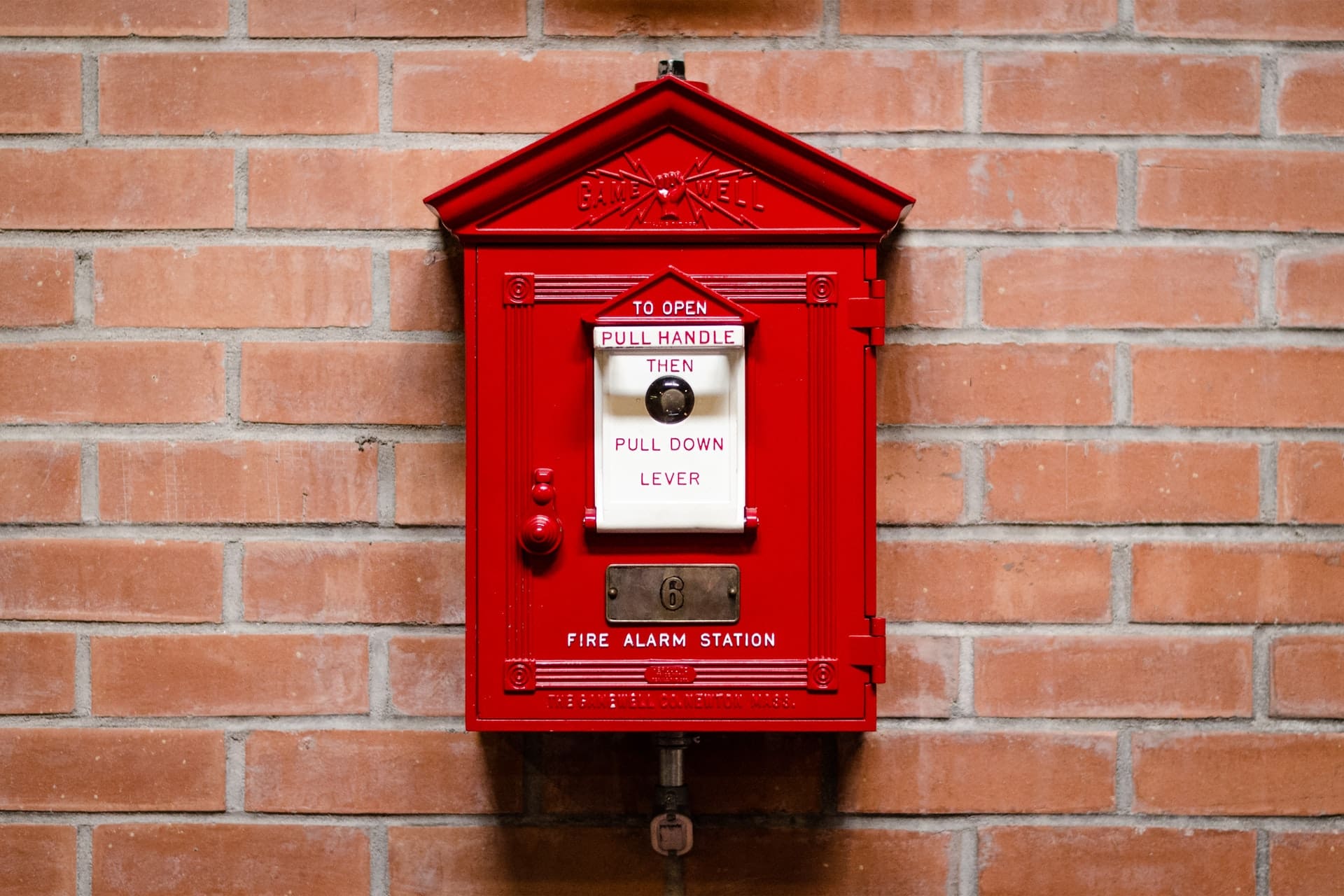
14 Feb How to Hold An Estate Planning “Fire Drill”
Here at Phelps LaClair, we constantly talk about the importance of setting up an estate plan. Working with estate planning attorneys like us ensures your estate plan is customized to fit your specific needs.
While you may be happy with your estate plan and familiar with how it works, can the same be said for family and friends? For example, does your spouse understand the difference between your will and trust? And does your best friend know what it means to be your power of attorney?
For this reason, you may want to consider holding an estate planning “fire drill.” This process allows you and your loved ones to walk through all the facets of your estate plan, ensuring they understand how it all works, and fielding any questions they have along the way.
What is an estate planning fire drill?
Think back to when you were in school—a few times a year, the school would hold an unscheduled fire drill. A school fire drill has two main purposes:
- It tests the plan the school designed for students and teachers to use in case there is a fire.
- It also makes sure students and teachers understand the plan and know what to do in case of a real fire.
An estate planning fire drill is the same concept. In this situation, the “school” is you, the “plan” is your estate plan, and the “students and teachers” are your family and loved ones who will carry out your estate plan when you pass away or if you become incapacitated, which is the “fire.”
What should I include in a fire drill?
Here are the main steps we advise including in your estate planning fire drill:
1: Schedule a Time for the Fire Drill
Unlike school fire drills, you should schedule this fire drill on a day and time when everyone involved can be present. Make sure those invited understand the importance of this meeting and urge them to be present for the entire time.
2: Talk About Your Estate Plan
Have a copy of your estate plan and walk your family and friends through the process. Explain who is the power of attorney and what their role means. Talk about your will and/or trust and who you have designated as the executor or trustee of each. You should also explain any health care directives you have in your estate plan.
3: Make Time for Questions
There is a good chance your family members will have a lot of questions regarding your estate plan and their roles. This is a good thing—having questions answered now is better than them having questions when you’re not around to answer them. If you can answer their questions, do so. If they ask questions you can’t answer, jot them down and make it a priority to have your estate planning attorney answer them.
Estate Planning Attorney in Mesa, Arizona
We know some people may find this process a bit sad to think about. However, when the time comes for your estate plan to take effect, your family will be thankful this is one less thing they will need to worry about. An estate planning fire drill provides peace of mind for everyone involved.
If you have questions on developing your estate plan or holding an estate planning fire drill, contact Phelps LaClair today at 480-892-2488.
Images used under creative commons license – commercial use (11.23.2017). Photo by John Cafazza on Unsplash.


